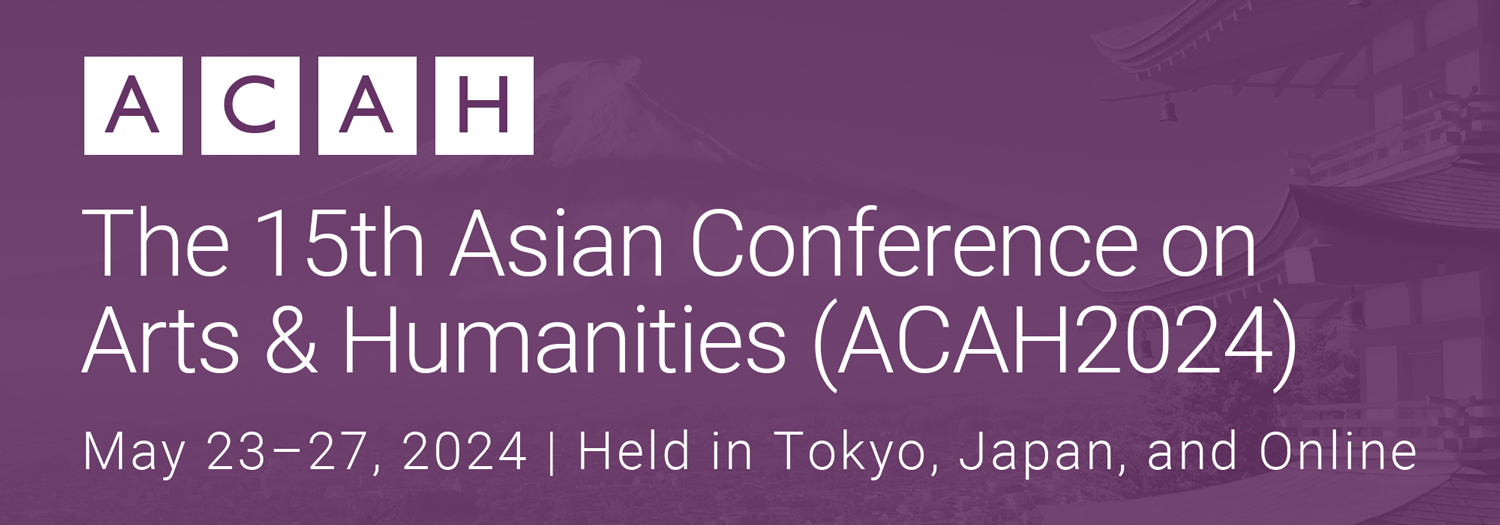Ethical and Transformative Dimensions in ‘Kumaré’ and Participatory Documentary Filmmaking (79852)
Session: On Demand
Room: Virtual Video Presentation
Presentation Type: Virtual Presentation
This paper conducts an in-depth analysis of the documentary film “Kumaré” within the framework of the participatory mode of documentary filmmaking, as theorized by Bill Nichols. This paper attempts to surface the ethical implications that the provocative methods of the participatory mode of the documentary film may have on subjects unaware of the fictionalization or constructed characterization of the filmmaker’s identity in the film. This paper also analyzes the documentary voice as the overall disposition of the filmmaker in the film, and how it may be subject to change as the film progresses. This analysis of the documentary also draws attention to the narrative and visual techniques employed by filmmaker Vikram Gandhi to construct an agnostic voice for the documentary that, as the film progresses, transforms into a spiritual experience. The paper aims to assess narrative techniques and their effectiveness in presenting spiritual transformation through the documentary modality and voice, while also underlining the ethical implications arising out of the fabricative nature of first-person documentary films.
Authors:
Sharvaree Sawant, Michigan Technological University, United States
About the Presenter(s)
Sharvaree Sawant is a PhD student in Rhetoric Theory and Culture at Michigan Technological University's Department of Humanities.
See this presentation on the full schedule – On Demand Schedule





Comments
Powered by WP LinkPress